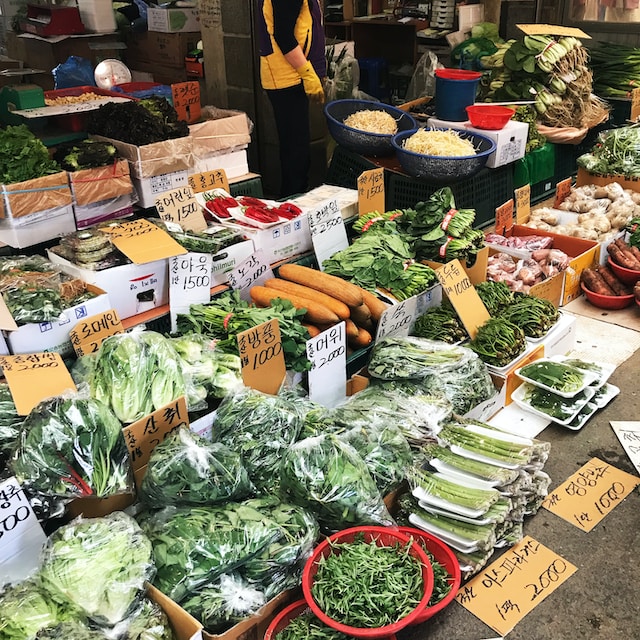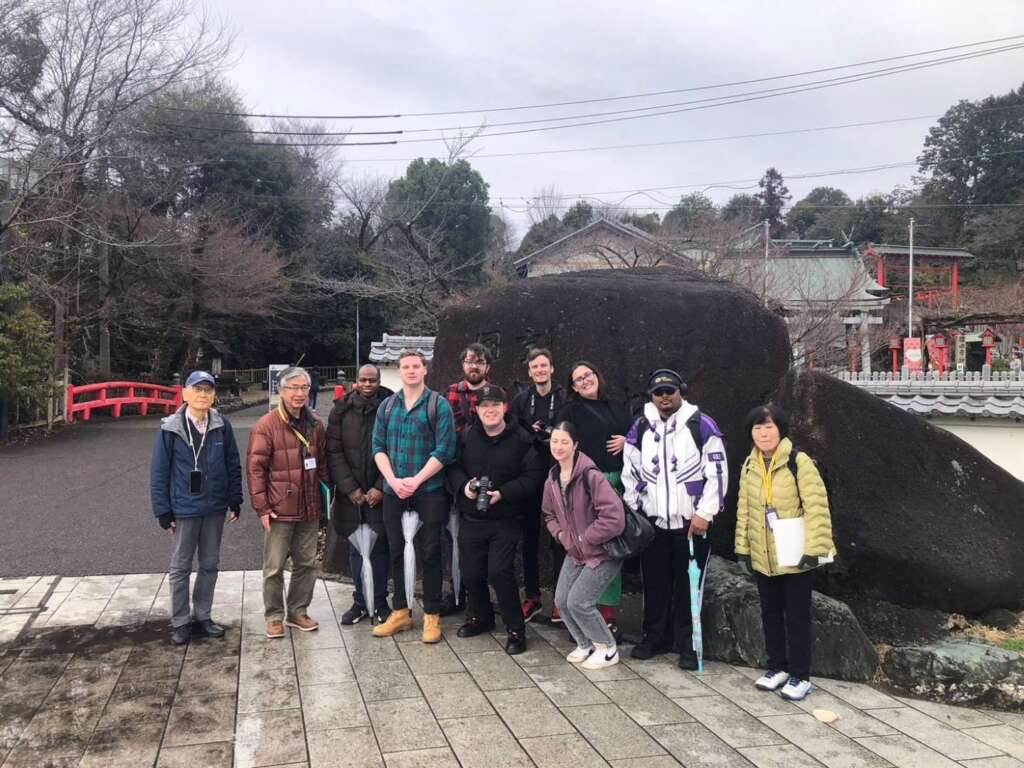Budget-Friendly Tips for Living in Major TEFL Destinations

Teaching English abroad is an exciting adventure, offering the chance to immerse yourself in new cultures while earning a living. With myTEFL, we offer plenty of incredible overseas job placements for our graduates. However, the cost of living can vary significantly depending on your destination. If you’re considering teaching English in places like Japan, South Korea, or Indonesia, you’ll want to maximize your experience while keeping expenses in check. Here’s a detailed guide on how to live on a budget in these popular TEFL destinations, along with five practical tips to help you save money.
1. Accommodation Hacks

Finding affordable accommodation is crucial when living abroad. Here are some strategies to consider:
- Consider Shared Housing: Look for shared apartments or houses. Websites like Craigslist, Facebook Marketplace, or local expat forums can be great places to find roommates. Sharing rent can dramatically reduce your monthly expenses.
- Stay Outside Major Cities: In Japan and South Korea, living just outside major urban centers can lead to significant savings. For instance, commuting from a smaller town to Tokyo or Seoul can reduce your rent while still allowing easy access to the city.
- Utilize Local Resources: In Indonesia, platforms like Airbnb or local guesthouses often offer long-term stay discounts. Don’t hesitate to negotiate prices, especially during off-peak seasons.
2. Grocery Shopping Smart

Food is another area where you can save a lot of money, especially if you can prepare meals at home.
- Shop at Local Markets: Fresh produce, meats, and local staples are often cheaper at markets than in supermarkets. In Indonesia, for example, traditional markets (pasar) can offer a variety of fresh ingredients at lower prices than grocery stores.
- Buy in Bulk: In South Korea, consider shopping at discount stores like E-Mart or Lotte Mart, where buying in bulk can help you save money on non-perishable items and household goods.
- Cook Local Dishes: Familiarize yourself with local cuisine that requires fewer ingredients. Simple dishes can be both economical and a great way to immerse yourself in the culture.
3. Transportation Tips

Navigating a new city can be expensive, but with the right approach, you can save on transportation costs.
- Use Public Transport: In cities like Tokyo and Seoul, public transportation is efficient and affordable. Invest in a prepaid transit card (like Suica in Japan or T-money in Korea) to save on individual fares.
- Walk or Bike: If you live in a walkable area, consider walking or biking for short distances. Not only is it budget-friendly, but it’s also a great way to explore your new surroundings.
- Download Local Apps: Many cities have apps that help you navigate public transportation and find the best routes. Utilizing these can save you both time and money.
4. Maximize Your Teaching Benefits

Many TEFL jobs offer additional benefits that can help you save money.
- Look for Positions with Housing Included: Some schools offer free or subsidized housing as part of the employment package like myTEFL’s Korea placement. This can save you a significant amount on rent.
- Utilize Travel Allowances: If your contract includes a travel allowance or reimbursement for flights, make the most of it by planning your trips during school breaks. This way, you can explore neighboring countries without the burden of extra costs.
- Join Expat Communities: Engage with local expat groups on platforms like Meetup or Facebook. They often share valuable information about discounts, deals, and budget-friendly activities that can enhance your experience.
5. Embrace Free and Low-Cost Activities

Exploring your new city doesn’t have to be expensive. Here are some ways to enjoy your surroundings without breaking the bank.
- Take Advantage of Free Events: Many cities host free cultural events, festivals, and public celebrations. Keep an eye on local event calendars to participate in these enriching experiences without spending much.
- Explore Nature: In Japan, for example, hiking and nature walks can be both breathtaking and free. Research local parks, trails, and natural attractions that you can visit on weekends.
- Cultural Exchange Programs: Participate in language exchange meetups, where you can practice the local language and make new friends, often for free. These events can provide cultural insights that enhance your teaching experience.
Conclusion
Living on a budget while teaching English in popular destinations like Japan, South Korea, or Indonesia is entirely achievable with a little planning and resourcefulness. By considering shared accommodation, shopping smart, utilizing public transportation, maximizing your teaching benefits, and embracing free activities, you can enjoy a fulfilling life abroad without overspending.
As you embark on this exciting journey, remember that the experiences and memories you create will be worth every effort. Happy teaching and safe travels!
